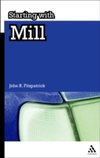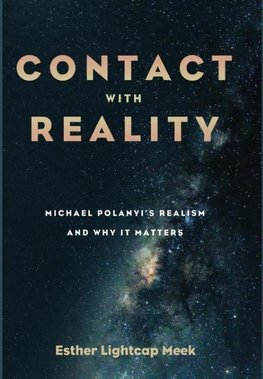
-
 Anglický jazyk
Anglický jazyk
Contact with Reality
Autor: Esther Lightcap Meek
Is knowledge discovered, or just invented? Can we ever get outside ourselves to know how reality is in itself, independent of us? Philosophical realism raises the question whether in our knowing we connect with an independent reality--or only connect with... Viac o knihe
Na objednávku, dodanie 2-4 týždne
58.41 €
bežná cena: 64.90 €
O knihe
Is knowledge discovered, or just invented? Can we ever get outside ourselves to know how reality is in itself, independent of us? Philosophical realism raises the question whether in our knowing we connect with an independent reality--or only connect with our own mental constructs. Far from being a silly parlor game, the question impacts our lives concretely and deeply. Modern Western culture has been infected with antirealism and the doubt, skepticism, subjectivism, relativism, and atheism that attends it--not to mention distrust and arbitrary (mis)use of reality.
Premier scientist-turned-philosopher Michael Polanyi stepped aside from research to offer an innovative account of knowing that takes its cue from how discovery actually happens. Polanyi defied the antirealism of the twentieth century, sounding a ringing note of hope in his repeated claim that in discovery, we know we have made contact with reality because ""we have a sense of the possibility of indeterminate future manifestations."" And that sense marks contact with reality, because it is the way reality is: abundant, generous, and fraught with as-yet-unnameable possibilities.
This book examines that distinctive claim, contrasting it to the wider philosophical discussions regarding realism and antirealism in the recent decades. It shows why Polanyi's outlook is superior, and why that matters, not just to scientific discoverers, but to us all.
""In this lively book, Esther Lightcap Meek does more than simply make a compelling case for Polanyi's realism in the context of dominant epistemologies and philosophies of science; she also brings out a beautiful dimension of Polanyi's thought that is not often seen, deepening its metaphysical underpinnings through creative engagement with contemporary thinkers. This book makes a much-needed contribution to the reception of Polanyi--and offers a fresh, new way to think about reason more generally.""
--D. C. Schindler, Associate Professor of Metaphysics and Anthropology, Pontifical John Paul II Institute, Washington, DC
""Justifiably renowned for her previous explorations of the knowing process, Meek here guides us expertly through Michael Polanyi's epistemology and commends to us a renewed and humble appreciation of the generosity of reality itself. In an era of 'post-truth' and 'alternative facts,' this account of how we may discover what is real is very welcome indeed.""
--Murray Rae, Professor, Department of Theology and Religion, University of Otago, New Zealand
""In this inspiring work, Meek brings us back to the most fundamental point of all: 'the natural trust and communion with reality that lies at the heart of humanness.' This book is a philosophical celebration of that relation, in the idiom of Michael Polanyi, and all who are drawn to this topic will find it a compelling read.""
--Oliver Davies, Professor of Christian Doctrine, King's College London
""Meek's fans will welcome this extension of her covenant epistemology to the metaphysics of realism, in careful conversation with contemporary philosophy. Polanyi's claim that knowing always bears indeterminate future manifestations is her theme, and it reaches an exciting climax in her comparison of Polanyi with Catholic thinkers Schindler and von Balthasar. This is an original, important contribution to preserving Mystery and furthering hope in the modern age, and deserves the widest readership. Take and read.""
--David Rutledge, Pitts Professor Emeritus of Religion, Furman University; Past President, The Polanyi Society
Esther Lightcap Meek is Professor of Philosophy at Geneva College. Her other books include Longing to Know: The Philosophy of Knowledge for Ordinary People (2003); Loving to Know: Introducing Covenant Epistemology (2011); and A Little Manual for Know
- Vydavateľstvo: Cascade Books
- Rok vydania: 2017
- Formát: Hardback
- Rozmer: 235 x 157 mm
- Jazyk: Anglický jazyk
- ISBN: 9781498239851

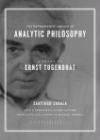

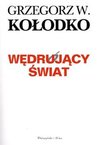



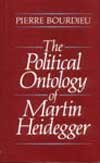
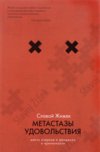
 Ruský jazyk
Ruský jazyk 

